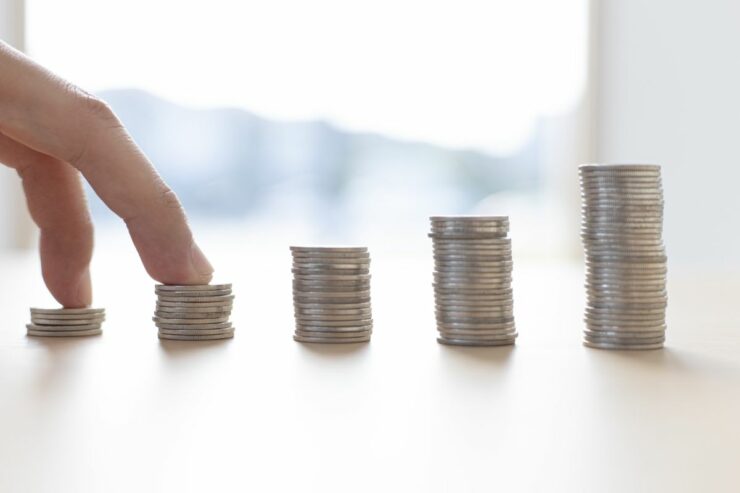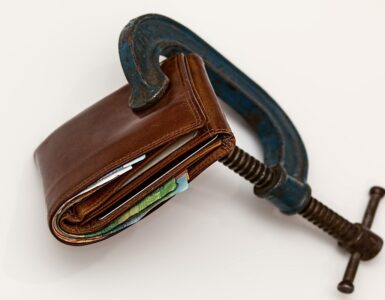There are some things that you can do in your everyday life that will save you money. For instance, if you’re used to paying with credit cards, carrying cash is a much better idea. Using only cash and quitting a bad habit such as smoking or drinking too much can help you quickly save money. Keep reading to learn more money-saving hacks for everyday life.
1. Make a meal plan and eat at home.
Planning your meals is a great idea, especially if you usually spent a lot on eating out. You won’t fall into the temptation of buying whatever looks good at the store, and you won’t spend money on food that you don’t really need. Make a meal plan that’s affordable, and plan to cook the food that you actually like to eat not to be tempted to eat out. Before the start of each week, plan what you are going to cook each day of the week. This is one of the money-saving hacks for everyday life that also helps you save time.
2. Bring a shopping list and don’t take a cart.
When you’re walking down the aisle in the grocery store without a plan, it’s easy to just reach for whatever looks good. Everyone has been guilty of walking into a store to buy just a few things and walking out with a ton of things without knowing what they actually needed. To prevent things from happening, always create a list of things that you’ll need and bring it with you to the grocery store. Even if you do buy something that’s not on the list, you’ll be more aware that you’re going over budget. If you really need only a few things, don’t even take the shopping cart. Not having a place where you can put the extra items will surely prevent you from buying them.
3. Track your spending and plan your budget.
Once you get your paycheck, it’s always a good idea to pay the debts, bills, and other regular monthly expenses first. That way, you’ll have a clear idea of how much money you actually have, and you can plan your budget accordingly. If you regularly plan your meals, you’ll also know approximately how much you need for food. Consider other necessary expenses. Track your spending with the help of some of the money-budgeting apps to identify how much you spend on each expense. If you track your spending, it will be easier to plan your budget. You’ll know how big of an “allowance” you can give yourself for unnecessary expenses.

4. Consult with someone before making big purchases.
Maybe you don’t have to ask anyone for permission to spend your money, but it doesn’t mean you can’t do that willingly. You can agree to consult with someone before making big purchases. For instance, if you are going to spend more than $50 on something, you should call the person and ask them whether it’s a good idea. This could be your partner, friend, family member, or anyone else that you trust. If you often spend large amounts of money on unnecessary purchases, allow someone to prevent you from doing so when it’s not such a wise choice. This can help you put a stop to impulsive purchases even without talking to the person. Just the thought of checking in with them will remind you that you might be making an unnecessary expense.
5. Negotiate whenever the opportunity occurs.
There are a lot of things that you probably didn’t know you could negotiate. From cable bills to medical bills, there’s a lot that you can achieve with good negotiation skills. You can even negotiate large purchases. When you’re paying in cash, negotiate the price of appliances, furniture, or even services. Not everyone is comfortable with doing this, however, there’s no harm in asking. And, if you do ask for a discount or a better deal, you are likely to get it.
6. Wait for 30-days before making large purchases.
There’s a great rule that’s one of the money-saving hacks for everyday life that is bound to increase your budget. The 30-day rule says that you need to wait for 30 days before making a large purchase that you want to make. If you still want to make the purchase just as much after 30 days, you are allowed to make it. But, you are likely to find that you’re not going to need most things after a month, in fact, you’ll entirely forget about some of them. This way, you’ll only buy what you really need. It puts a stop to impulsive shopping.
If you don’t carry a lot of cash and don’t pay with credit cards, that simple act will save you a lot. However, make sure to use the other money-saving hacks for everyday life that you read about in this article. Use the saved money to reward yourself with something that you really need.












